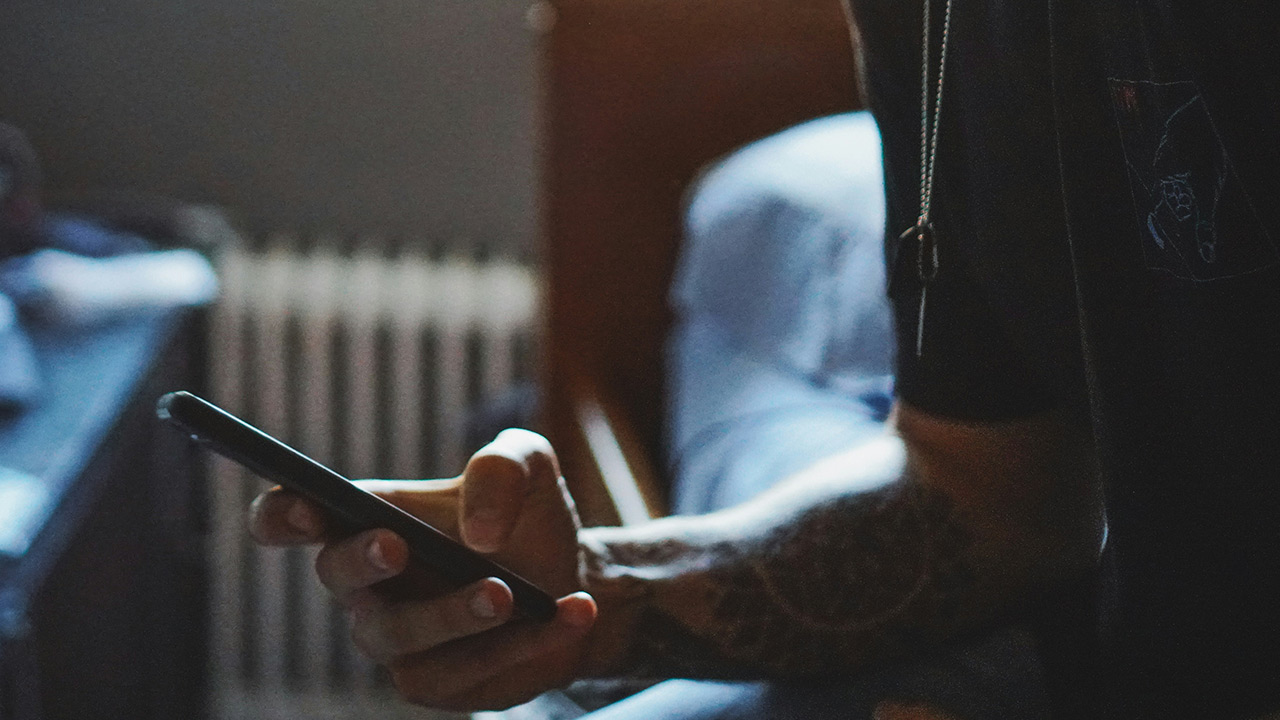Is Your Smartphone Destroying Your Sleep Quality?

Hey Angels and Alphas,
In the digital era, smartphones have become inseparable companions for most people, including children and adolescents.
The convenience of having a world of information at our fingertips comes with its drawbacks, particularly when it comes to sleep quality.
Sleep, an essential component of physical and psychological health, is increasingly being compromised by the pervasive presence of electronic media devices in our bedrooms.
The question of whether these devices are responsible for sleep disturbances or if they are used as a crutch by those unable to sleep has sparked considerable debate.
What does the research say?
Research consistently points to a troubling association between higher media use and sleep problems. The allure of staying connected and entertained can delay bedtimes, reducing sleep duration and disrupting sleep patterns. But beyond the content and the temptation to stay online, there’s more at play. The very technology that powers our devices also interferes with our natural sleep mechanisms.
Smartphones and tablets emit light that can disrupt our circadian rhythms by interfering with melatonin production, a hormone critical for sleep. Exposure to the blue light emitted by screens can trick the brain into thinking it’s still daytime, thus reducing the quality and quantity of sleep. Adjusting screen settings to emit warmer colors during the evening hours may mitigate some of these effects, but the issue of overexposure to light at night remains.
Furthermore, concerns have been raised about the potential impact of cell phone radiation on sleep. Studies suggest that emissions from wireless phones could affect the release of ß-trace protein, an enzyme involved in the production of a sleep-promoting neurohormone in the brain.
This hypothesis was tested by exposing study participants to cell phones in various modes before attempting to sleep. The findings were revealing: exposure to a cell phone in talk mode significantly delayed sleep onset compared to when the phone was off or in standby mode.
These insights underscore the complex relationship between technology use and sleep. While it’s clear that smartphones and other electronic devices have the potential to harm sleep quality, the solution is not straightforward. For many, especially in the younger generation, these devices are embedded in their social lives and daily routines. Calls to minimize access to smartphones at bedtime must be balanced with the recognition of their integral role in our lives.
How do we solve it?
The key may lie in fostering awareness and promoting healthier habits around technology use, especially in the hours leading up to bedtime. Encouraging routines that involve winding down without screens, adjusting device settings to reduce blue light exposure in the evening, and perhaps most importantly, setting boundaries around device use in the bedroom, can all contribute to better sleep hygiene.
As we continue to navigate the digital age, understanding the impact of our gadgets on sleep is crucial.
By acknowledging the potential risks and taking proactive steps to mitigate them, we can enjoy the benefits of technology without sacrificing our sleep quality and overall health.





